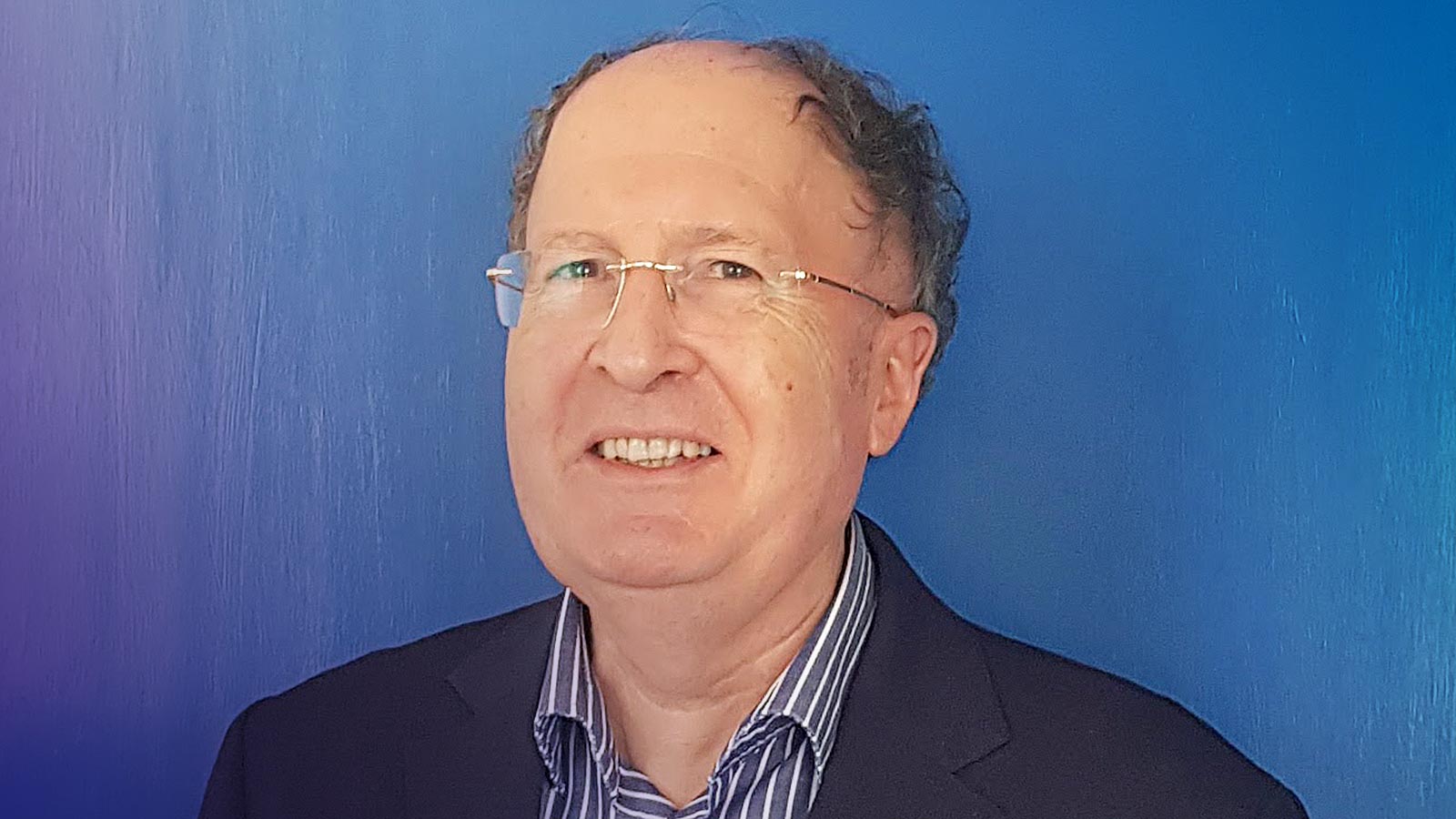On behalf of Biosceptre we would like to congratulate Sir Gregory Winter who has been awarded the 2018 Nobel Prize in Chemistry for his outstanding contribution to science in the development of phage display technology and its application to the development of therapeutic, fully human antibodies. Click here to read more.
Sir Gregory has chaired the Biosceptre Scientific Advisory Board since its inception in 2014; he has been an active member of the Board of Directors since 2016 and has been acting Chairman of the Board since 2016.
As Biosceptre moves towards a public listing, Sir Gregory has advised that as a result of the new pressures on his time arising from his Nobel Laureate, it makes sense for him to stand down from our Board at this time but continue as a Member of the Scientific Advisory Board.
Sir Gregory said;
“Biosceptre’s novel target, nfP2X7 has some fascinating biology and its successful translation into the clinic could make a big difference to cancer patients. As a result of the additional pressure on my available time and the need for a more commercially-led Board as the company develops, I feel it is the right time to step down from the Board of Directors and hand the baton on to a more commercially focussed Chairman. I will however continue to be actively involved as a member of the Science Advisory Board.”
Biosceptre is pleased to announce Andrew Walton-Green has been appointed Chairman of the Board of Directors. Andrew (55) is a Chartered Accountant with experience in multiple industries including as CEO of a public company for 10 years on (GHT:LSE). Andrew is a serial entrepreneur and passionate about making a difference in treating cancer. He has been an active investor and a Director of Biosceptre for the last 4 years.
Mr Walton-Green said;
“We are delighted that Sir Gregory has been recognised for his outstanding contribution to science. We would also like to thank him for the huge contribution he has made to Biosceptre. His ongoing guidance continues to be invaluable as we look forward to the results of our first clinical trial in Australia and further developing our core science. Our goal remains to produce a brighter future for cancer patients and we very much look forward to delivering that in the shortest time feasible.”


